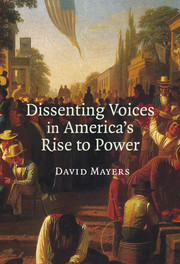10 - Axis
from Part III - Hazards
Published online by Cambridge University Press: 05 June 2012
Summary
A group of eminent thinkers, Americans plus exiles in the United States, professed faith in November 1940 that the human future held promise of affirmative meaning. The Protestant theologian Reinhold Niebuhr and Nobel laureate Thomas Mann were among those who asserted in manifesto – The City of Man – that a transcendent purpose informed human affairs. It would ultimately prevail. It would enthrone mercy with justice. Bigotry, persecutions, and totalitarian audacity would fail. People of goodwill to hasten this end had to act in ecumenical concert:
A divine intention governs the universe – be it called God or Deity or the Holy Ghost or the Absolute or Logos or even Evolution. The direction of this intention is from matter to life and from life to spirit, from chaos to order, from blind strife and random impulse to conscience and moral law, from darkness to light … Man's growth or progress or evolution is not backward toward the savagery of the superman or the gleam of the beast of prey, but forward toward the radiance of the angel … The pursuit of the good, under the inspiration of faith, hope, and charity, must imply resistance to evil, with battle when necessary.
This statement entailed a measure of daring by its authors. They wrote to support an unpopular position in 1940 America: military intervention in the unfolding war.
Apart from advancing a minority view, The City of Man contained a second eccentricity.
- Type
- Chapter
- Information
- Dissenting Voices in America's Rise to Power , pp. 254 - 288Publisher: Cambridge University PressPrint publication year: 2007

